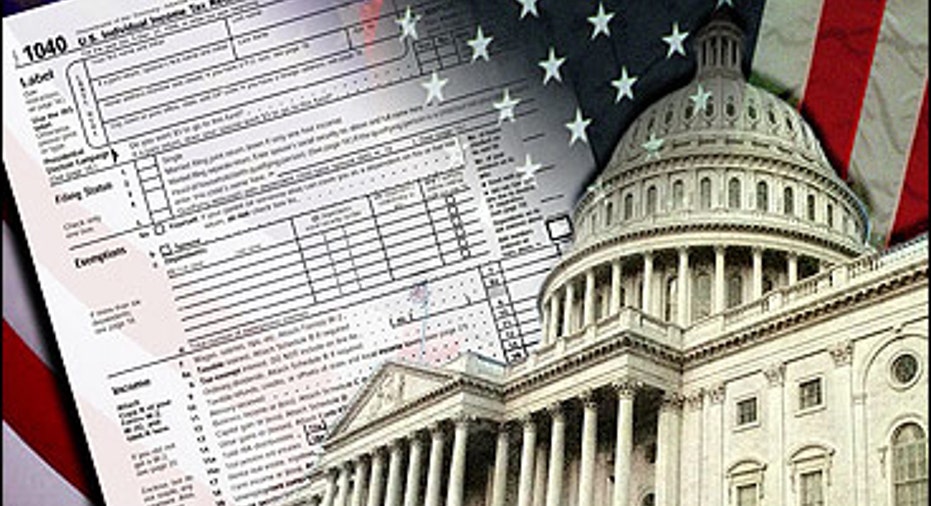55 Tax Breaks Expired Last Year, What Boomers Need to Know

There is a long list of tax write offs Uncle Sam allows when it comes time to filing your tax returns, but it can be hard to keep up with them all. Just last week, 55 tax breaks affecting everything from taxes on charitable deductions to helping grandkids with college were allowed to expire.
It is possible Congress will renew most of them, but there is no way to know for sure when that might happen, which makes it hard for baby boomers to plan for their financial future.
Jessie Seaman, a licensed tax professional at the Tax Defense Network (www.taxdefensenetwork.com) advises boomers to defer whatever taxes they can now since they may not be able to much longer.
"Tax rates are going up across the board and certain deductions/credits that were available may not always be available," Seaman says. "Boomers should also be conservative and plan for the worst-case scenario when it comes to available deductions and credits, the last thing you want to start a new year off with is a big fat tax bill."
I spoke to Seaman and she offered the following additional tax tips for boomers:
1. Helping grandkids with college? Boomers that are helping their children and/or grandchildren go to college may qualify for large deductions and possibly refundable credits (meaning the IRS pays you dollar for dollar on what you spend up to $4,000). But there are a few catches. The American Opportunity Credit has been extended through 2017, but the deduction for tuition and fees expired Dec. 31, 2013. Congress likely will reinstate this deduction, but there is no guarantee. Also. the payer must be able to claim the student as a dependent on their tax return, although they are not required to do so, and grandparents must pay the college directly. If a boomer wants to make a more substantial payment toward education, then contributing to a 529- plan is the path to take.
2. Taxes on charitable deductions. For charitable baby boomers looking to make a donation with funds from an IRA distribution, you will now have to pay tax on that distribution. The days of tax-free IRA distributions for charitable purposes are gone. Boomers should be prepared to get stuck with income tax on IRA distributions in 2014 if Congress does not reinstate this deduction.
3. Thinking about downsizing? Many retirees look into downsizing their primary residence to something more affordable, but boomers with upside-down mortgages can no longer exclude primary residence cancellation of debt from gross income. The debt forgiveness on paying income taxes on primary residences expired in 2013. This means a boomer walking away from a $350,000 mortgage will pay income tax on the full 1099-C, Cancellation of Debt, issued from the bank. If the cancelled debt is $150,000, a retiree is looking at a huge tax bill on "income" they never truly received. Let’s keep our fingers crossed that this deduction is renewed for 2014.
4. Evaluate your equity. On the flipside, baby boomers buying a new home or residence in a more tropical or favorable destination for their golden years will not be able to deduct new mortgage insurance premiums. Homeowners who have less than 20% equity typically pay for private mortgage insurance, which was deductible in 2012 and 2013. One of the most important things for boomers to remember though is don’t panic, says Seaman. The reality is many of the tax deductions that are set to expire will more likely than not be reinstated. Also on the upside, a given business or individual is usually only affected by a couple of the deductions, if that.



















